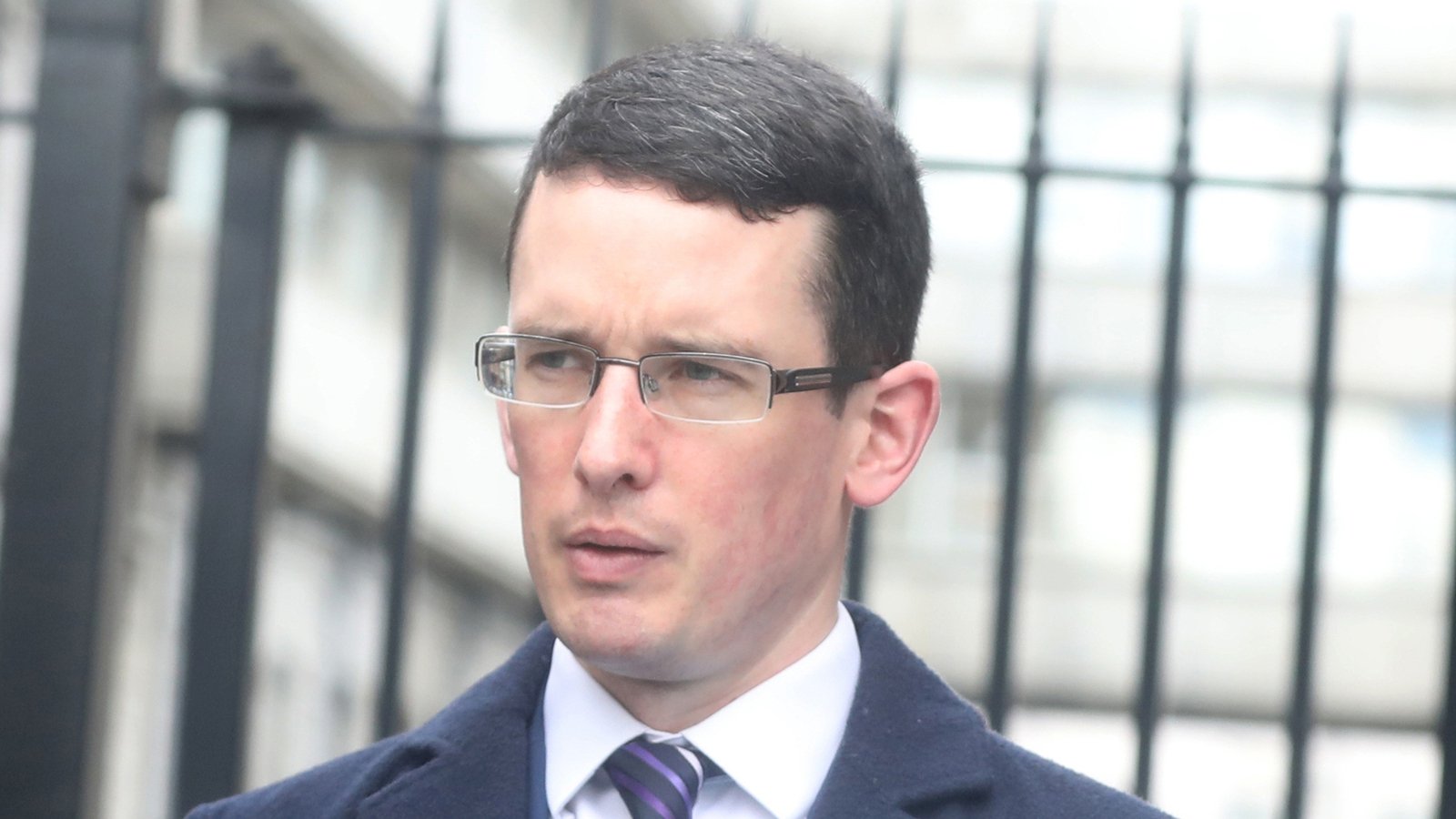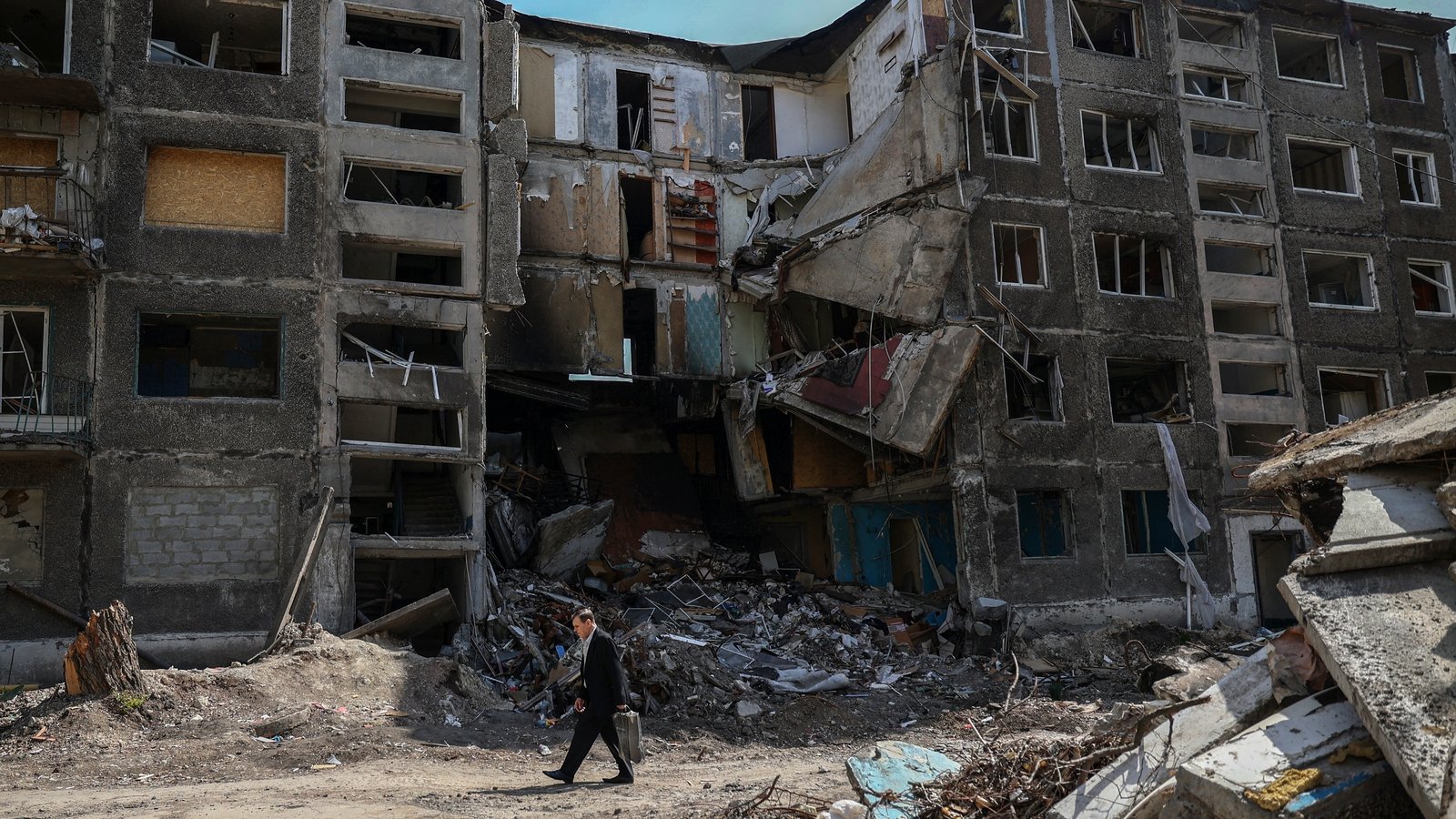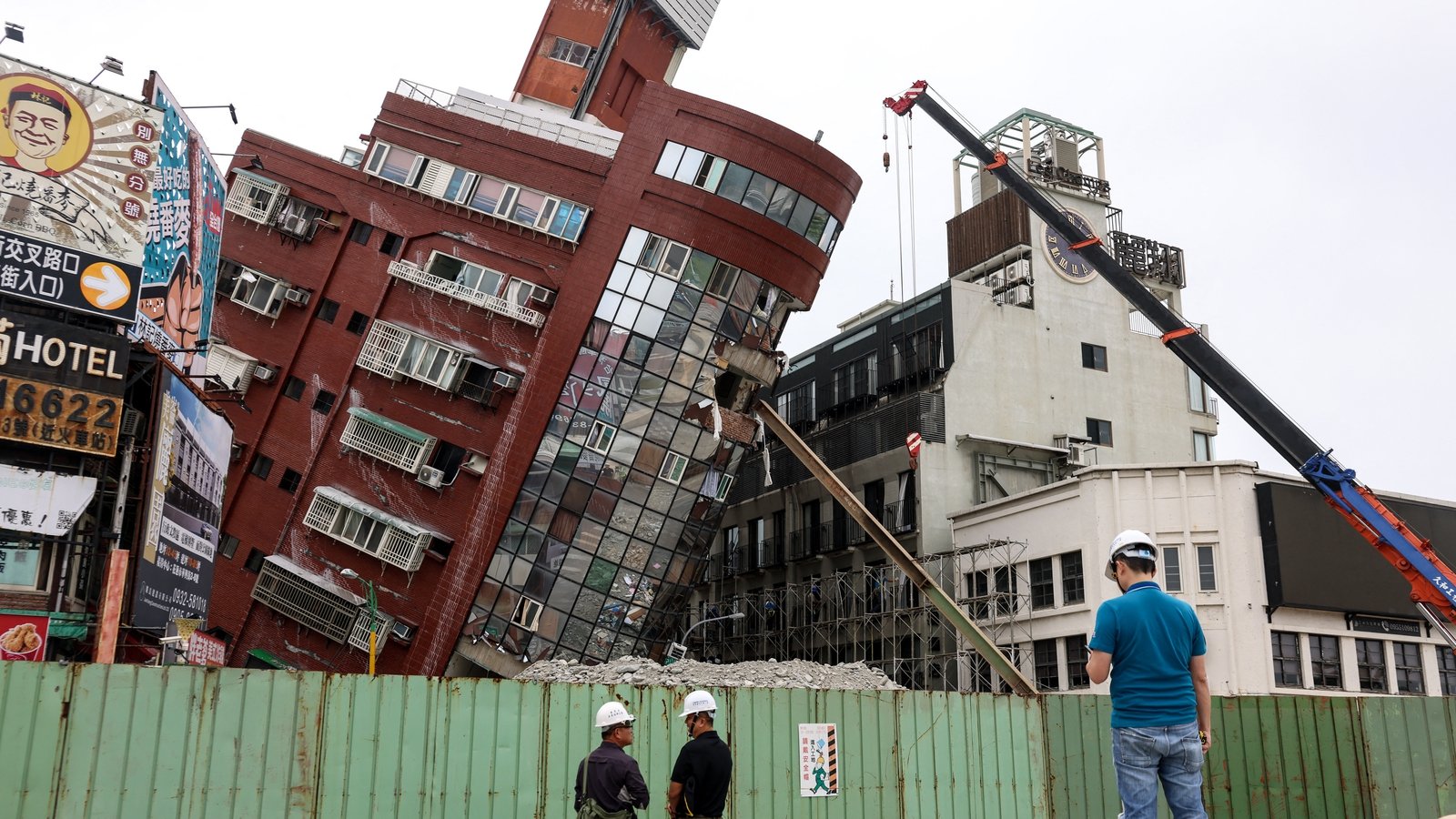Stormont Assembly to be recalled ahead of major strike

The Northern Ireland Assembly is being recalled this afternoon on the eve of a major public sector strike.
Widespread disruptions are expected tomorrow when up to 170,000 workers will take to the streets in a dispute over pay.
It will be the seventh time the assembly has been recalled since Stormont collapsed in 2022.
The DUP started its boycott of power-sharing in opposition to the Windsor Framework, the post-Brexit trading arrangements.
A Sinn Féin petition to recall the assembly this week received the required support and members are expected to gather at around 12pm.
However, cross-community voting rules mean that a speaker of the assembly cannot be elected without the backing of the DUP.
The recall comes ahead of the legal deadline for a fresh assembly election to be called, if devolution has not been restored by 12am.
Legislation to extend the deadline has been used before and it is expected to be pushed out once again.
It also takes place before the de-facto general strike of public sector workers that looks likely to bring Northern Ireland to a stand still tomorrow.
Schools will close, public transport will be cancelled and health services will be severely impacted, as tens of thousands of workers from 15 unions stage a coordinated strike that will be one of the biggest Northern Ireland has ever seen.
Nurses, teachers, health and education staff, bus and rail workers and civil servants will take to the streets in their dispute over pay.
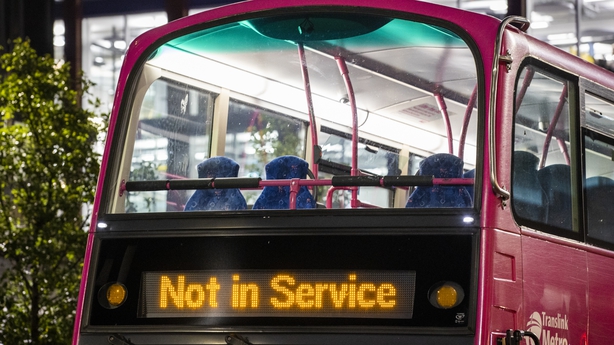
Unions are demanding cost of living increases and want pay to be brought in line with other parts of the UK.
People are being urged to “keep themselves safe” tomorrow, as a forecast for snow and ice coincides with the widespread disruption to public services.
With no bus or rail services operating, the Department of Infrastructure has advised people to avoid travel where possible, as road gritting will be severely impacted by the industrial action.
People are asked to take particular care while travelling tomorrow and Friday given the potential for icy conditions.
Road gritting will continue to be affected beyond tomorrow as members of the UNITE and GMB unions continue their industrial action until 26 January.
The strike is expected to have a “profound” impact on Northern Ireland’s health service.
The Department of Health believes there will disruption “on a scale not experienced from previous industrial action” and has asked people to take “all sensible steps to reduce the chances of requiring health service treatment”.
A joint statement from HSC Chief Executives said that “at best”, only minimal and emergency services will be available tomorrow, similar to Christmas Day.
The public has been warned a “significantly reduced health service will be in place” and to expect not only delays but also that some services will not be available at all.
Despite those warnings, the Department of Health has said those who require emergency hospital care should seek help immediately and that health trusts are working with unions to protect emergency care.
The head of the civil service met with department permanent secretaries yesterday to discuss the impacts and will meet tomorrow again.
In a letter to the Northern Ireland Secretary, Jayne Brady also called for funds to be released to stop the strike.
Ms Brady said that urgent action was required to address unacceptable pay disparity.
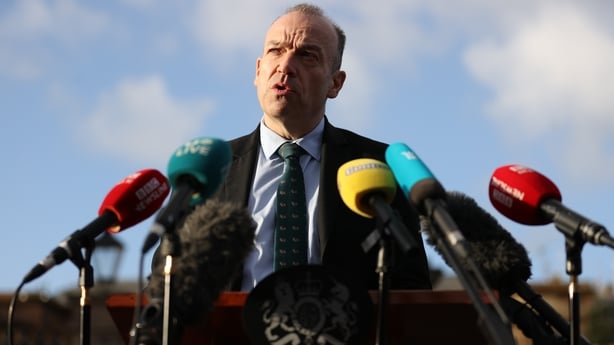
As well as individual pickets, a series of lunchtime rallies will also take place across Northern Ireland tomorrow in Belfast, Derry, Omagh Enniskillen and Magherafelt.
In Belfast, six marches are being organised to converge on City Hall for the rally at 12pm.
Earlier this week, last-minute talks aimed at restoring the Stormont Executive were unsuccessful.
Northern Ireland Secretary Chris Heaton-Harris said he had outlined a “generous” £3.3 billion deal that would be available from “day one of a re-formed Executive”.
The DUP said while significant progress was made in its discussions over the Windsor Framework and that those discussions will continue.
Mr Heaton-Harris, however, said that those discussions with the DUP had “effectively concluded” and he urged parties to form an Executive.
The deal on offer includes around £600m to begin addressing the public sector pay claim, however, workers have been told this money cannot be released unless there is a return of Stormont.
Political parties called for Mr Heaton-Harris and the Treasury to release the funds and decouple the issue of workers’ pay from the wider political picture.
Mr Heaton-Harris said that the issue of public sector pay was devolved.
Ahead of the strike, a teachers union has said workers have been “pawns in this political impasse for long enough”.
INTO Northern Secretary Mark McTaggart called on Mr Heaton-Harris to “stop this political House of Cards charade” and that a public sector pay solution cannot be dependent on the action or inaction of any political party.
“The Secretary of State has made it clear that funds are available to bring about a fair pay settlement for our members and yet he and the DUP appear content to play a game of tug of war with it while workers struggle to make ends meet”, he said.
Mr Heaton-Harris said he would have “various decisions to make” if power-sharing was not restored by Friday and that he would set out the next steps in “due course”.
He has extended the legislation requiring an election to be called before, and it is expected he will do so again.

